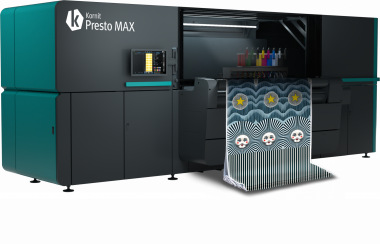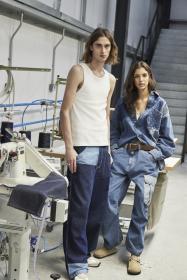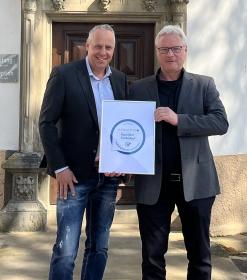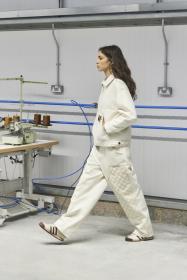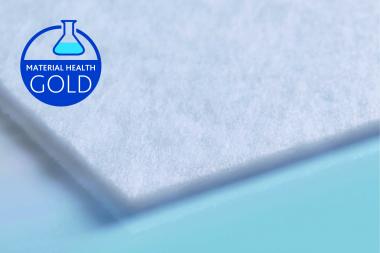Circular Polymers by Ascend launches Cerene™
Nylon 6, nylon 6,6, polypropylene, PET and calcium carbonate are available through the company’s proprietary carpet recycling process
Circular Polymers by Ascend, a market-leading recycler of post-consumer carpet, today the launch of Cerene™, a line of recycled polymers and materials made from the company’s proprietary carpet reclaiming technology. Cerene is available as polyamide 6 and 66, PET, polypropylene and calcium carbonate as a consistent,
sustainable feedstock for many applications, including molding and compounding.
Recycling experts from Circular Polymers will be showcasing Cerene at Compounding World Expo on June 14-15 at the Messe Essen in Germany.
Ascend Performance Materials, a fully integrated producer of durable high-performance materials and the majority owner of Circular Polymers by Ascend, is known for its innovations in nylon 6,6. Cerene will continue that legacy with offerings in nylon 6,6 while also bringing to market recycled polymers such as nylon 6, PET and PP.
“Customers around the globe are seeking consistent and reliable post-consumer recycled materials,” said Maria Field, business director of Circular Polymers by Ascend. “Cerene is mechanically recycled using a process that minimizes our carbon footprint and environmental impact.”
Circular Polymers by Ascend converts post-consumer carpet into fiber and pellets. The company uses a proprietary process in its California-based facilities to achieve high efficiency in recycling, successfully providing a new life for virtually every component of the carpet and backing. The company has redirected 85 million pounds of carpet from landfills into new goods since 2018.
Circular Polymers by Ascend







